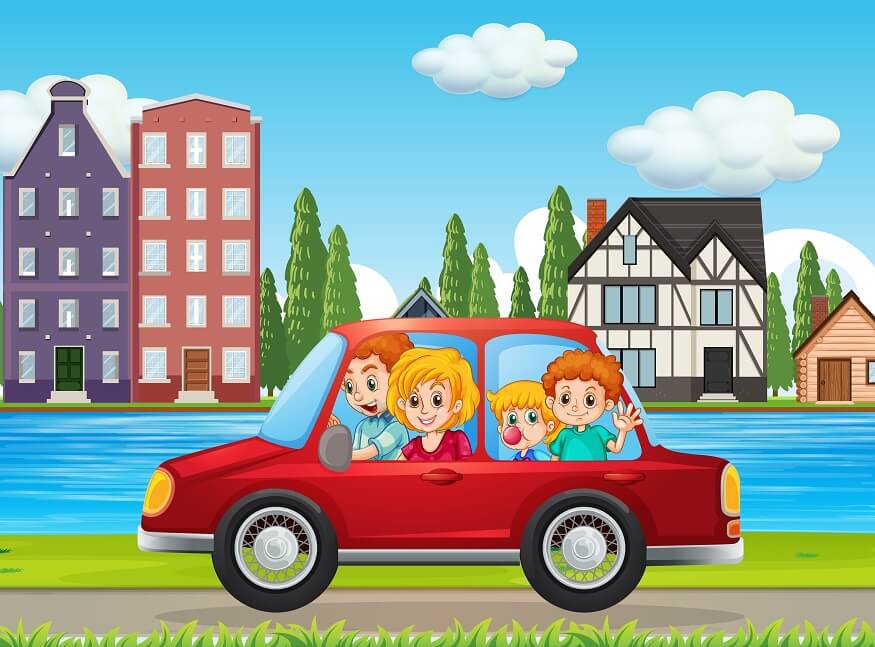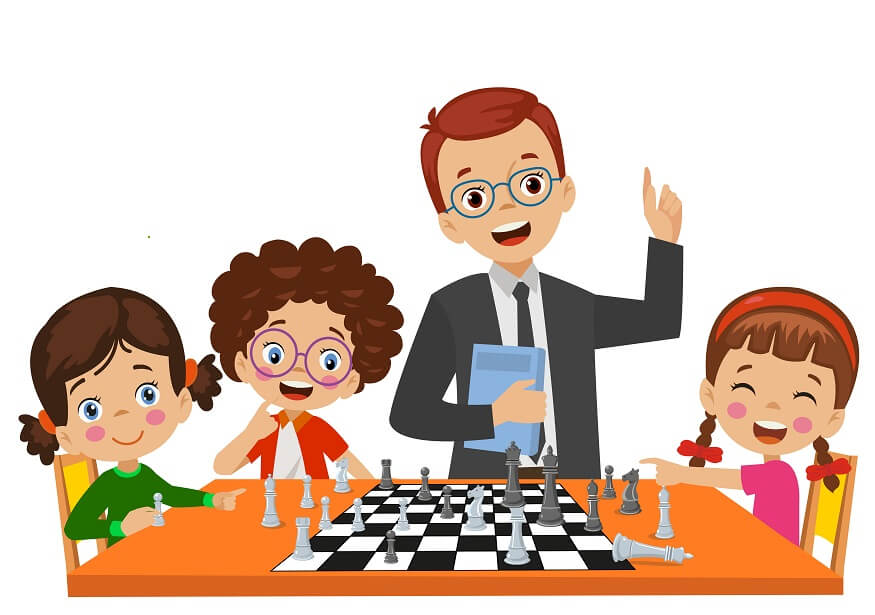In this progressive technological era, it is easy to lose sight of the core virtues of civil, considerate conduct. Nevertheless, one should not overlook the might of propriety in putting forth advantageous social impressions. Etiquette establishes the angle for sympathy, deference, and discourse—crucial components of both personal and career achievements.
Also Read: Interpersonal Skills for Kids: Definitions and Examples
25 Basic Etiquettes for every child
Here are twenty-five essential etiquettes each child ought to master when they are young. These common courtesies are going to contribute to their expansion into reverent, polite, and civilised individuals.
Saying “Please” and “Thank You”: Inculcating the habit of using ‘Please’ and ‘Thank You’ is a powerful way to demonstrate respect and appreciation. Urge your offspring to consistently say these words.
Apologising:Teach children that it’s alright to err so long as they are prepared to apologise and gain an understanding from it. This manifests their respect for others and their readiness to assume responsibility for their decisions.
Table Manners: It is imperative that children are encouraged to consume food without causing a disturbance, chew with their mouths shut, and abstain from talking while eating.
Respect for Others: Teach children to treat all people with kindness and consideration, regardless of their differences. Show respect for various cultures and ideologies. This sends a message that you are accepting and open-minded.
Listening: Encourage proactive listening. Children ought to understand the importance of holding back from butting in when someone else is talking.
Punctuality: Impress upon your child the importance of being on time as a sign of respect towards others’ time.
Hygiene: Children should understand the importance of cleanliness, from washing their hands before meals to keeping their surroundings tidy.
Respect for Personal Space: Instruct them to avert touching people without their permission and to show regard for the individual space of others.
Sharing: Encourage the practise of sharing, be it possessions or moments, to raise a compassionate nature. This is a manifestation of benevolence and generosity.
Handling Criticism: Guide your child on how to accept and learn from constructive criticism.
Speaking Clearly: Encourage your child to express themselves articulately and confidently.
Waiting their Turn: Patience is a virtue, and waiting one’s turn is an excellent method for developing it. Mastering the art of manners takes time and commitment. If your kid isn’t succeeding right away, don’t be dispirited.
Modesty: Teach your child to be humble about their achievements and always give credit where it’s due.
Empathy: Help them understand and respect other people’s feelings and perspectives.
Good Sportsmanship: Children should learn to handle wins and losses with grace.
Valuing Differences: Teach them that everyone is unique and these differences make the world a more interesting place.
Respect for Authority: Children should understand the importance of listening to teachers, parents, and adults who guide them.
Digital Etiquette: In an increasingly digital age, children need to know the dos and don’ts of online behaviour.
Kindness to Animals: Children should learn to treat animals with care and kindness.
Truthfulness: Teach them the importance of honesty and the consequences of lying.
Gratitude: : Encourage your child to express gratitude for the things and people they have in their lives.
Polite Language: Children ought to be dissuaded from using offencive or impolite language. In other words, they should abstain from swearing, name-calling, and other hurtful phrases.
Not Making Fun of Others: Teach your child to avoid making fun of others or laughing at their mistakes.
Responsibility: Help your child understand the importance of fulfilling their commitments and taking responsibility for their actions.
Eye Contact: Encourage your child to make eye contact during conversations as a sign of respect and attention.
The enumeration goes on, comprising various other crucial properties, namely regard for diversity, exercise of humility, preservation of salubrity, assistance, and compassion towards animals. These principles and etiquette will provide the foundations for a wholesome nature in minors, enabling them to wander through the world with respect and understanding.
Also Read: 10 Ways to Improve Social Skills in Toddlers
Benefits of learning basic etiquettes at a young age
Gaining fundamental manners at an early age can provide a multitude of advantages. Here are some of the prime perks:
Improved Social Skills: Etiquettes act as fundamental rules for sociable conduct. When kids acquire these regulations, they cultivate capabilities that enable them to interact productively and peacefully with others.
Respect for Others: Understanding and employing basic courtesies aid in teaching children the value of respecting others’ privileges, emotions, and requirements. This can facilitate better interactions with compatriots, adults, and authority figures.
Increased Self-Esteem and Confidence: Kids who comprehend and exploit niceties regularly have more faith in social circumstances. This is because they have a comprehension of what is demanded of them and how to answer others suitably.
Enhanced Communication Skills: Many elements of decorum, such as attentive hearing, maintaining eye contact, and speaking politely and directly, cultivate effective communication abilities.
Development of Empathy:Nurturing a vital emotional capacity, empathy, assists children in recognising and sympathising with the feelings of others. Grasping this aptitude guides kids to show concern and consideration for those around them. Essential to personal progress, cultivating empathy ensues when children learn to respect and contemplate the sentiments of others.
Better Impression on Others: Manners have a major impact on how one is perceived. From academics and extracurricular activities to job interviews and professional life, people who demonstrate appropriate etiquette often make a favourable impression.
Preparation for Adulthood: Fundamental courtesies are not just for youth; they are essential life abilities that grown-ups utilise every day. Acquiring these early on prepares youngsters for social and professional realities later on.
Fostering Responsibility: Training good conduct helps kids comprehend the consequences of their choices for other individuals, consequently stimulating a sense of personal obligation.
Teaches Patience: Norms like allowing others to speak before you or refraining from intruding when someone else is speaking teach kids the virtue of patience.
Promotes a More Civil Society: On a wider level, instructing young people in basic manners and decorum can aid in creating a more gracious, courteous, and civil society.
Establishing fundamental courtesies in children’s habits won’t be achieved abruptly. It necessitates uniformity, reinforced learning, and much forbearance. Memorise. Little ones usually learn by following those grown-ups around them; hence, it’s vital to demonstrate those properties in our own behaviour. With persistence and guidance, such specifications will become spontaneous for your kids, supporting them in their voyage to becoming dependable, prudent, and courteous adults.
Also Read: Planning Skills to Teach to Your Children
EuroSchool motivates guardians to take part in teaching their children good manners. Caregivers can aid their youngsters in absorbing correct conduct by exhibiting these actions in a home setting and providing positive affirmation.











